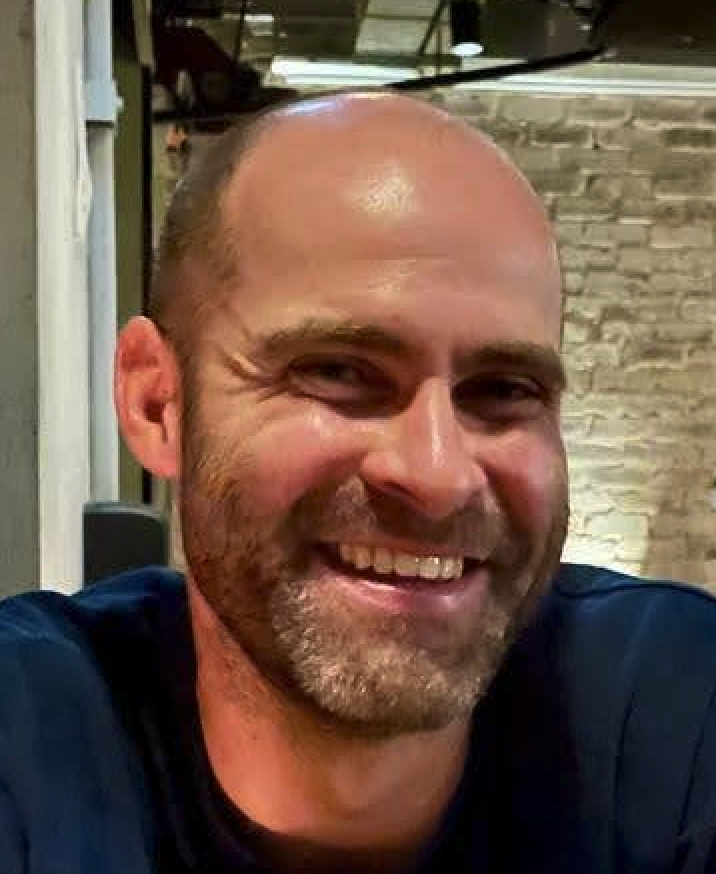About
I am a data scientist with particular specialisation in medical and biological data.
At Omniscient Neurotechnology I devise machine learning approaches and develop neuroimaging pipelines to create personalised maps of the human brain, and identify the foundations of neurological diseases. My work informs how neurosurgeons would approach and remove tumours, the locates exactly within the deep-brain the locations for electro-stimulation. I have pioneered efforts to apply frequency domain manipulations, manifold spatial transformations and novel machine learning approaches to remove confounding ‘scanner’ signatures from MRI data whilst retaining the clinical signals we wish to model.
Before joining the private sector, I spent 10 years in academia, ultimately as a Lecturer in Biomedical Computation at the University of Sydney, in the School of Computer Science.
There, group specialised in understanding biological systems through computational, mathematical and statistical approaches. This is ever more relevant as high-throughput and imaging technologies transform BioMedicine into a more data-centric field. Our focus is primarily on immunological systems, and the microbial communities that inhabit the gut.
I was awarded my PhD in 2012 by the University of York, UK, for work advancing the investigation of biological systems through simulation and statistics. I had a brief foray into swarm robotics whilst at York. I then moved to the University of Sydney’s Charles Perkins Centre in 2013 as an independent researcher, and joined the Centre for Food Enginomics in 2018 before my appointment as Lecturer in 2019.
Resume and CV
You can find a (relatively) recent version of my
Wisdom
“People worry that computers will get too smart and take over the world, but the real problem is that they’re too stupid and they’ve already taken over the world.” - Pedro Domingos
“You will find that both shock and common sense are soluble in a sufficient concentration of money.” - Adrian Tchaikovsky, one of my favourite authors.
“All discoveries, all great achievements, have been made by men who delighted in their work.” - Sawyer 1943. Found this in a book making the case that there’s no excuse for bad teaching.
“An expert is a man who has made all the mistakes which can be made.” – Niels Bohr
“If we knew what it was we were doing, it wouldn’t be called ‘research’, would it?” – Albert Einstein
“Now, like all my great plans, my strategy is so simple an idiot could have devised it.” – Zapp Brannigan
